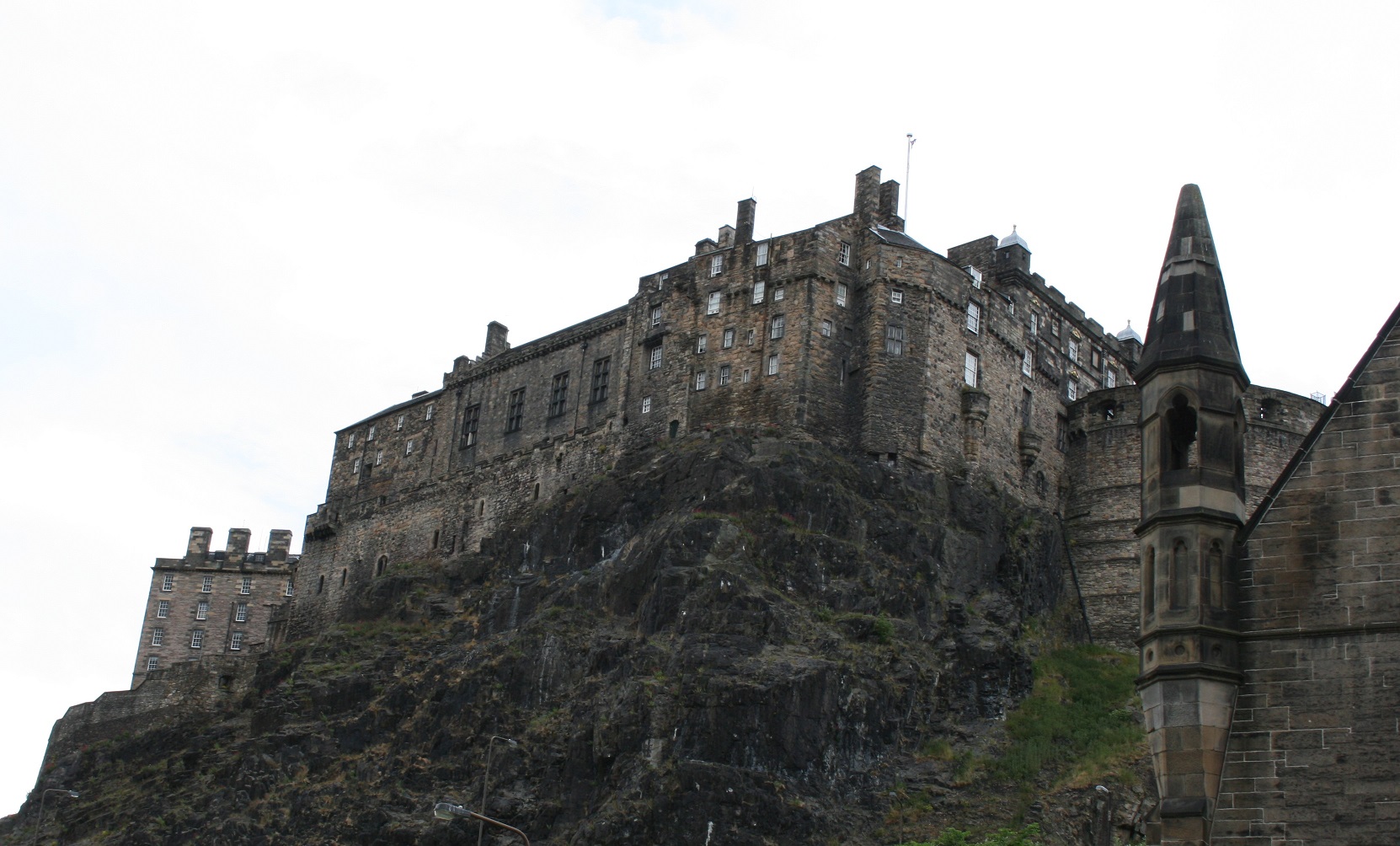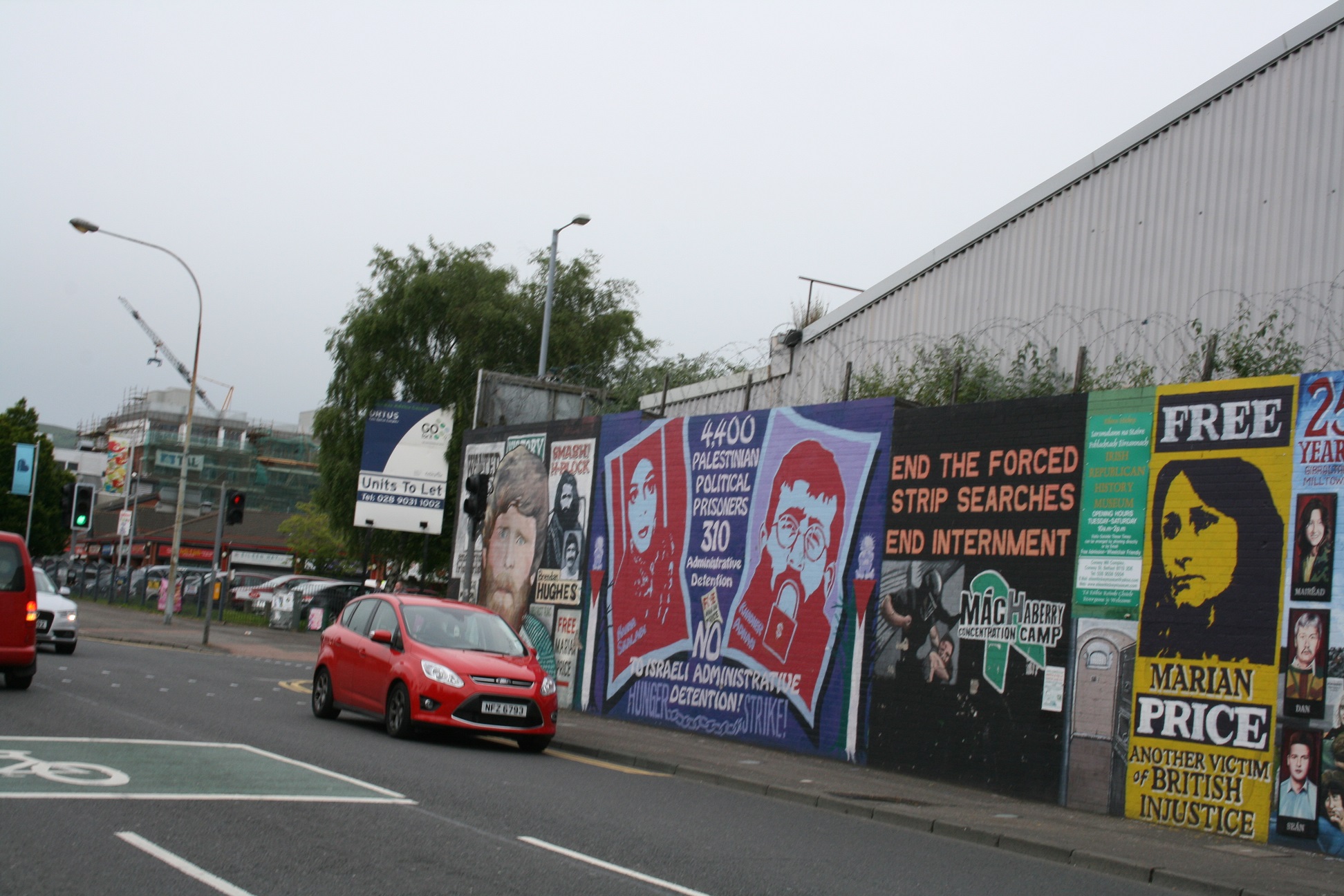By Kathryn Maureen Ryan
Impunity Watch Managing Editor
EDINBURGH, Scotland – On September 18 the Scottish People will go to the polls to determine the future of their country. The Scottish people will close whether to maintain their more than 300 year political union with England or to dissolve the political bands that have bound them to the United Kingdom and enter the international community as an independent state. The United Kingdom’s Tory Prime Minister David Cameron spent part of the day on Monday in Aberdeen, the heart of the Scottish Oil industry, which if Scotland become independent would control the largest known reserves in Europe, trying to urge voters to maintain the union. While the vote remains too close to call, what is clear is that, no matter the outcome, the Scottish independence referendum will have far reaching consequences for nationalist and independence movements within the United Kingdom and the European community as a whole. European governments fear that with a single vote the Scottish people could bring down old empires and fragile unions like a house of cards.

The Scottish Nationalist Party has campaigned promising that an independent Scotland will maintain a closer relationship with the European Union than Westminster, which has historically opposed further European integration, fiercely fighting open immigration policies as well as integration into the Eurozone. Ironically an Independent Scotland could face difficult in building a stronger relationship with Europe because it will likely face strong opposition from EU members that fear that a successful, peaceful secession of Scotland from the United Kingdom could renew calls for independence from separatists and nationalists movements within their own countries.
Spain has promised it stand against an application for EU membership from an independent Scotland likely out of fears that a successful, peaceful, Scottish independence movement could awaken calls for independence from the Catalan and Basque separatists’ movements in Spain. Several other EU member states face nationalist campaigns of their own, France likely fears that an independent Scotland could encourage supporters of an independent Brittney to call for their own referendum, while Belgium leaders likely fear calls for independence could tear apart the fragile union between the Walloons and Flemish populations of Belgium. The vote may also become a symbol of nationalism outside of Europe, where independence movements from the Tibetan and Uyghurs in China to the Quebec independence movement in Canada as well as the dozens of ethnic nationalism movements throughout Africa, Latin America and Oceania, which may call for their own chance for a democratic referendum after the Scottish people make their historic vote.
The vote will also have implications elsewhere in the United Kingdom, especially in Northern Ireland where Unionists and Irish Republicans alike are watching the elections in Scotland closely, knowing that the outcome could affect the ultimate outcomes of their own movements. Northern Ireland has lived under a fragile peace since the Good Friday Agreement, brokered by then Prime Minister Tony Blair and U.S. President Bill Clinton, was signed in 1998 establishing a power sharing government for Northern Ireland. While the power-sharing government brought great changes to the region, helping Northern Ireland move beyond the darkest and bloodiest days of the troubles tensions can still be felt between catholic and protestant communities in some areas throughout the country, especially in Belfast where the Peace Walls, now the world’s oldest actively maintained apartheid walls, still divide working class catholic and protestant neighborhoods and where several schools remain segregated on the basis of religion.

The Republic of Irelands former European Affairs Minister Lucinda Creighton believes that if Scotland votes to secede from the United Kingdom new demands for a referendum on a united Ireland will be ‘inevitable. “I think it would inevitably lead to demand for such a referendum (in Northern Ireland). I don’t know what the outcome of such a referendum would be. We are all committed now to the principle of consent in Northern Ireland, respective of both communities and that’s something I would feel very strongly about,” she said. “That would be a pretty unbelievable move that I don’t think anybody could have contemplated 10 years ago. It will have major political consequences for Ireland if it is carried.”
Northern Ireland’s Deputy First Minister Martin McGuinness, a former commander in the Irish Republican Army and member of the Sinn Fein party which ultimately supports union with The Republic of Ireland, has said he is “staying out” of the independence debate, which he believes is a “matter for the people of Scotland,” however he added that he believes the independence movement will have a far reaching effect on the politics and future of Northern Ireland. “If Scotland gets, in the context of there being a No vote, power over social welfare and the ability to decide their own social welfare payment rates then that has big implications for us and I think that I would hope that we can benefit from the outcome of that,” he added “Whatever way it goes I think it will have a profound impact on the situation in Ireland, and specifically in the North of Ireland, particularly in relation to the battle that we’re having with the British Government at this time over the swingeing cuts that they have brought in.”
The Scottish Independence movement was not born overnight, nor was it born out of the Devolution process which led to the creation of the Scottish Parliament under the Blair premiership. In many ways the Scottish independence movement is older than the United Kingdom itself. In 1320 the Declaration of Arbroath, often cited as the most important document in Scottish history, was signed issuing a declaration of the independence of the Scottish people, promising that “as long as but a hundred of us remain alive, never will we on any conditions be brought under English rule. It is in truth not for glory, nor riches, nor honours that we are fighting, but for freedom – for that alone, which no honest man gives up but with life itself.” No matter the outcome of Thursday’s vote it is clear that the centuries old flame of Scottish nationalism has never dimed and with a single vote it may ignite a flame of nationalism that will spread across Europe and the World.
For more information please see:
Aberdeen Evening Express – Cameron Flies into Aberdeen to Deliver Final Better Together Pledge – 15 September 2014
Al Jazeera America – Scotland to Hold Referendum on Independence from the UK – 15 September 2014
Irish Independent – Martin Mcguinness: Scottish Independence Referendum Would Have a ‘Profound Impact’ On Northern Ireland – 11 September 2014
Reuters UK – Why Scottish Independence Matters For Europe – 9 September 2014
Irish Independent – Referendum Moves In North ‘Inevitable’ If Scots Secede – 8 September 2014
BBC History – The Declaration of Arbroath, 1320